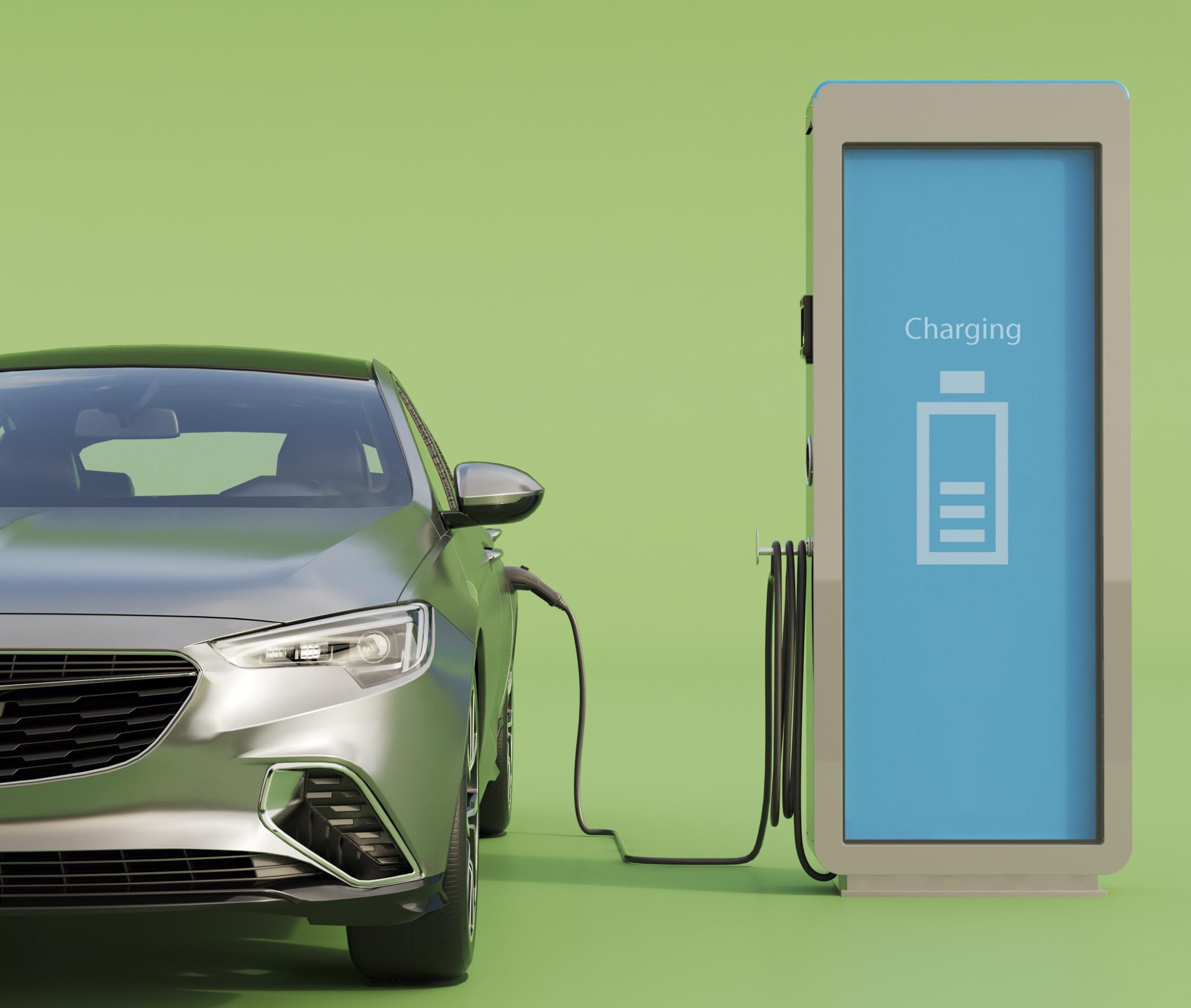India has been making significant strides towards the adoption of electric vehicles (EVs) and promoting a sustainable and green transportation ecosystem. This transition is pivotal not only for addressing the country’s environmental concerns but also for reducing its dependence on fossil fuels, enhancing energy security, and fostering technological advancements.
India has initiated several key initiatives to accelerate EV adoption. These included substantial investments in EV manufacturing infrastructure, the launch of EV incentives and subsidies, and the development of charging infrastructure. Furthermore, Indian automakers were progressively entering the EV market with a range of electric vehicles, from affordable electric scooters to high-end electric cars. In addition, the government had set ambitious targets for the electrification of public transportation and proposed the introduction of EVs in various fleets.
Government Initiatives and Policies:
The Indian government has been actively promoting the adoption of electric vehicles through various policy initiatives:
- FAME (Faster Adoption and Manufacturing of Hybrid and Electric Vehicles): FAME schemes aim to incentivize the production and adoption of electric and hybrid vehicles through subsidies, incentives, and charging infrastructure development.
- GST Reduction: The government reduced the Goods and Services Tax (GST) on electric vehicles and chargers to encourage their uptake.
- National Electric Mobility Mission Plan (NEMMP): This plan aims to achieve national fuel security by promoting hybrid and electric vehicles in India. The target is to have 30% of all vehicles on the road electrified by 2030.
- State-Level Initiatives: Many Indian states have introduced their own policies to promote EV adoption, such as subsidies, exemptions, and incentives for both manufacturers and consumers.
Increasing Adoption and Demand:
- Public Transportation: Electric buses and electric three-wheelers are gaining traction in several cities due to their potential to reduce pollution and operating costs.
- Personal Vehicles: The awareness of environmental issues and the lower operational costs of EVs are driving consumers to consider electric cars. With the introduction of more affordable EV models, the adoption rate is expected to increase.
Challenges and Concerns:
- Charging Infrastructure: The availability of a robust charging infrastructure remains a major concern. There is a need for more public charging stations and innovative solutions for at-home and workplace charging.
- Affordability: While the cost of electric vehicles is gradually decreasing, it still remains a significant factor for widespread adoption. Incentives and subsidies can help mitigate this concern. Today electric charging station franchise can be bought with ease in India with the help of government subsidies.
- Range Anxiety: Improving the range of electric vehicles and addressing concerns about charging range and accessibility is crucial to boost consumer confidence.
Future Prospects:
- Technological Advancements: Continued advancements in battery technology and EV components are expected to drive down costs and increase the range of EVs.
- Increased Manufacturing and Investment: As more automakers invest in electric vehicle manufacturing facilities in India, the production capacity is likely to increase, making EVs more accessible and affordable.
- Collaborations and Partnerships: Collaborations between government bodies, the private sector, and international organizations can accelerate the development of charging infrastructure and promote research and development in EV technology.
- Integration with Renewable Energy: Integration of EVs with renewable energy sources can further reduce the carbon footprint and enhance the sustainability of the EV ecosystem.
In conclusion, the future of electric vehicles in India seems promising, driven by favorable government policies, increasing awareness of environmental concerns, technological advancements, and a growing focus on sustainable transportation. Overcoming challenges related to charging infrastructure and affordability will be key to accelerating the adoption of electric vehicles in the country.


